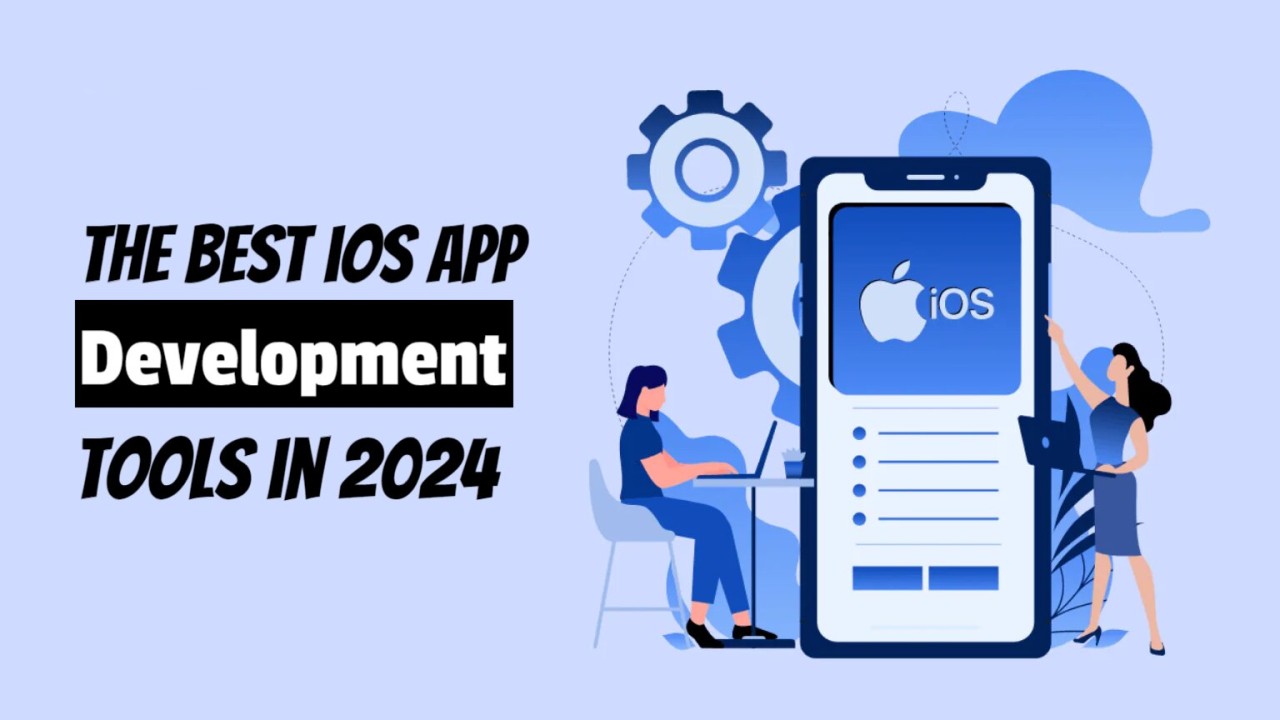Selecting the right app development platform is crucial for building successful mobile applications. With so many options available in 2024, it’s important to choose a platform that aligns with your project’s needs, ensuring scalability, performance, and user satisfaction. In this article, we will explore the top app development platforms and their unique features to help you make an informed decision.
1. Criteria for Selecting App Development Platforms
When choosing an app development platform, several key criteria must be considered. Scalability and performance are vital, as they determine the app’s ability to handle user growth and deliver consistent speed. The user experience (UX) and interface design also play a significant role in engagement. Click here A well-designed, intuitive interface can enhance user retention. Additionally, development speed and cost-effectiveness are important factors. It’s essential to balance quality and budget to ensure the app’s success.
2. React Native
React Native is one of the most popular cross-platform frameworks for building mobile apps. It allows developers to use JavaScript and React to create apps for both iOS and Android, ensuring native-like performance. The platform’s key advantage is its hot-reloading feature, which speeds up development by allowing developers to instantly preview changes. React Native also has a vast library of pre-built components, simplifying the coding process. With a vibrant community, developers can easily access resources, solutions, and best practices.
3. Flutter
Flutter, developed by Google, is a powerful platform for building natively compiled applications from a single codebase. It’s suitable for creating apps not just for mobile, but also for web and desktop. Flutter’s expressive UI components allow developers to build visually stunning applications with smooth animations. Click here Performance is another highlight, as Flutter compiles directly to native code, resulting in faster execution. The platform is well-suited for businesses looking for a highly customizable and visually appealing mobile app.
4. Xamarin
Xamarin, owned by Microsoft, is an ideal choice for developers looking to integrate mobile apps with Microsoft tools and services. Xamarin allows developers to share up to 90% of their code across different platforms, significantly reducing development time and costs. The platform provides access to native APIs, ensuring apps run efficiently on both iOS and Android. Xamarin’s deep integration with the Microsoft ecosystem allows businesses to create high-performance apps with a familiar set of tools.
5. Ionic
Ionic is a hybrid app development framework that uses web technologies like HTML, CSS, and JavaScript. It’s an excellent choice for developers who want to create apps that work across multiple platforms, including iOS, Android, and the web. Ionic’s extensive library of pre-built UI components simplifies the design process and ensures consistency across devices. The platform also integrates well with popular frameworks like Angular and React, offering flexibility in development. With its robust tools for deploying apps to app stores, Ionic enables developers to streamline the release process.
6. PhoneGap
PhoneGap, an Adobe product, is designed for web developers transitioning to mobile app development. It allows developers to use HTML, CSS, and JavaScript to create apps for iOS and Android. One of PhoneGap’s key features is its vast plugin library, which enables developers to access native device features without writing platform-specific code. This reduces the complexity of development and speeds up the process. PhoneGap’s focus on ease of use and accessibility makes it an excellent choice for developers with web development experience.
7. AppGyver
AppGyver stands out as a low-code platform that simplifies app development for users with little or no programming experience. Its intuitive drag-and-drop interface allows anyone to build mobile apps without writing extensive code. Click here AppGyver supports integration with various backend services, enabling users to create fully functional apps. This platform is perfect for businesses looking to quickly prototype ideas or build apps without a dedicated development team. It also offers enterprise-level features, ensuring that it can scale as your business grows.
8. BuildFire
BuildFire is a versatile app development platform that offers extensive customization options. It features a user-friendly interface that makes it accessible even for beginners. BuildFire provides a wide range of plugins and integrations, allowing developers to tailor their apps to specific business needs. Whether you’re creating a simple business app or a complex enterprise solution, BuildFire offers the tools to do so without the need for extensive coding. Its marketplace of plugins makes it easy to enhance app functionality, while its scalability ensures that apps can grow with your business.
9. NativeScript
NativeScript is another excellent choice for building high-performance native apps using web technologies. It allows developers to use popular frameworks like Angular and Vue.js to create apps that deliver native-like performance. Click here NativeScript’s ability to access native APIs ensures that apps run smoothly and efficiently across iOS and Android. Unlike other hybrid frameworks, NativeScript compiles directly to native code, offering improved speed and responsiveness. It’s particularly suited for developers familiar with JavaScript frameworks and looking to build native apps without sacrificing performance.


